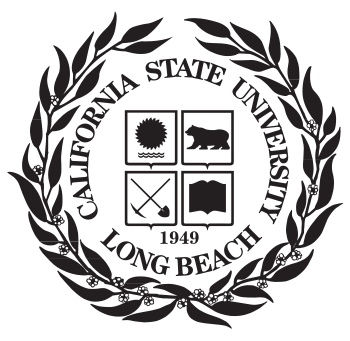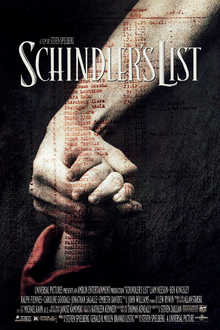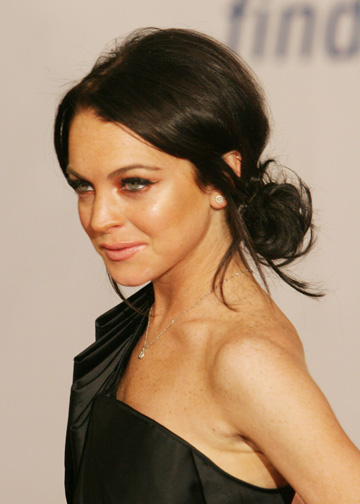Steven Spielberg

Born
Spielberg was born in Cincinnati, Ohio, to an Orthodox Jewish family. His mother, Leah (Adler) Posner (born 1920), was a restaurateur and concert pianist, and his father, Arnold Spielberg (born 1917), was an electrical engineer involved in the development of computers.

Haddon Township
In 1950, his family moved to Haddon Township, New Jersey when his father took a job with RCA. Three years later, the family moved to Phoenix, Arizona. Spielberg attended Hebrew school from 1953 to 1957, in classes taught by Rabbi Albert L. Lewis.
First home movie
His first home movie was of a train wreck involving his toy Lionel trains, then age 12. Throughout his early teens, and after entering high school, Spielberg continued to make amateur 8 mm "adventure" films.

Firelight
In 1963, at age sixteen, Spielberg wrote and directed his first independent film, a 140-minute science fiction adventure called Firelight, which would later inspire Close Encounters. The film was made for $500, most of which came from his father, and was shown in a local cinema for one evening, which earned back its cost.
Graduation Saratoga High School
After attending Arcadia High School in Phoenix for three years, his family next moved to Saratoga, California where he later graduated from Saratoga High School in 1965.

California state university, long beach
In Los Angeles, he applied to the University of Southern California's film school, but was turned down because of his "C" grade average. He then applied and was admitted to California State University, Long Beach, where he became a brother of Theta Chi Fraternity.

Universal Studio
While still a student, he was offered a small unpaid intern job at Universal Studios with the editing department. He was later given the opportunity to make a short film for theatrical release, the 26-minute, 35mm, Amblin', which he wrote and directed.

Directing contract
Studio vice president Sidney Sheinberg was impressed by the film, which had won a number of awards, and offered Spielberg a seven-year directing contract. It made him the youngest director ever to be signed for a long-term deal with a major Hollywood studio.
JAWS
Studio producers Richard D. Zanuck and David Brown offered Spielberg the director's chair for Jaws, a thriller-horror film based on the Peter Benchley novel about an enormous killer shark.
Close Encouters of the Third Kind
One of the rare films both written and directed by Spielberg, Close Encounters was a critical and box office hit, giving Spielberg his first Best Director nomination from the Academy as well as earning six other Academy Awards nominations.

Raiders of the lost ark
Next, Spielberg teamed with Star Wars creator and friend George Lucas on an action adventure film, Raiders of the Lost Ark, the first of the Indiana Jones films.
E.T
A year later, Spielberg returned to the science fiction genre with E.T. the Extra-Terrestrial. It was the story of a young boy and the alien he befriends, who was accidentally left behind by his companions and is attempting to return home.
Empire of the Sun
In 1987, as China began opening to Western capital investment, Spielberg shot the first American film in Shanghai since the 1930s, an adaptation of J. G. Ballard's autobiographical novel Empire of the Sun, starring John Malkovich and a young Christian Bale. The film garnered much praise from critics and was nominated for several Oscars, but did not yield substantial box office revenues.
Jurassic Park
In 1993, Spielberg returned to the adventure genre with the film version of Michael Crichton's novel Jurassic Park, about a theme park with genetically engineered dinosaurs. With revolutionary special effects provided by friend George Lucas's Industrial Light & Magic company, the film would eventually become the highest-grossing film of all time (at the worldwide box office) with $914.7 million.
Schindler's List
Spielberg's next film, Schindler's List, was based on the true story of Oskar Schindler, a man who risked his life to save 1,100 Jews from the Holocaust. Schindler's List earned Spielberg his first Academy Award for Best Director (it also won Best Picture).

DreamWorks
In 1994, Spielberg took a hiatus from directing to spend more time with his family and build his new studio, DreamWorks, with partners Jeffrey Katzenberg and David Geffen. In 1996, he directed the sequel to 1993's Jurassic Park with The Lost World: Jurassic Park, which generated over $618 million worldwide despite mixed reviews, and was the second biggest film of 1997 behind James Cameron's Titanic.

Related timelines
More timelines connected to Steven Spielberg



